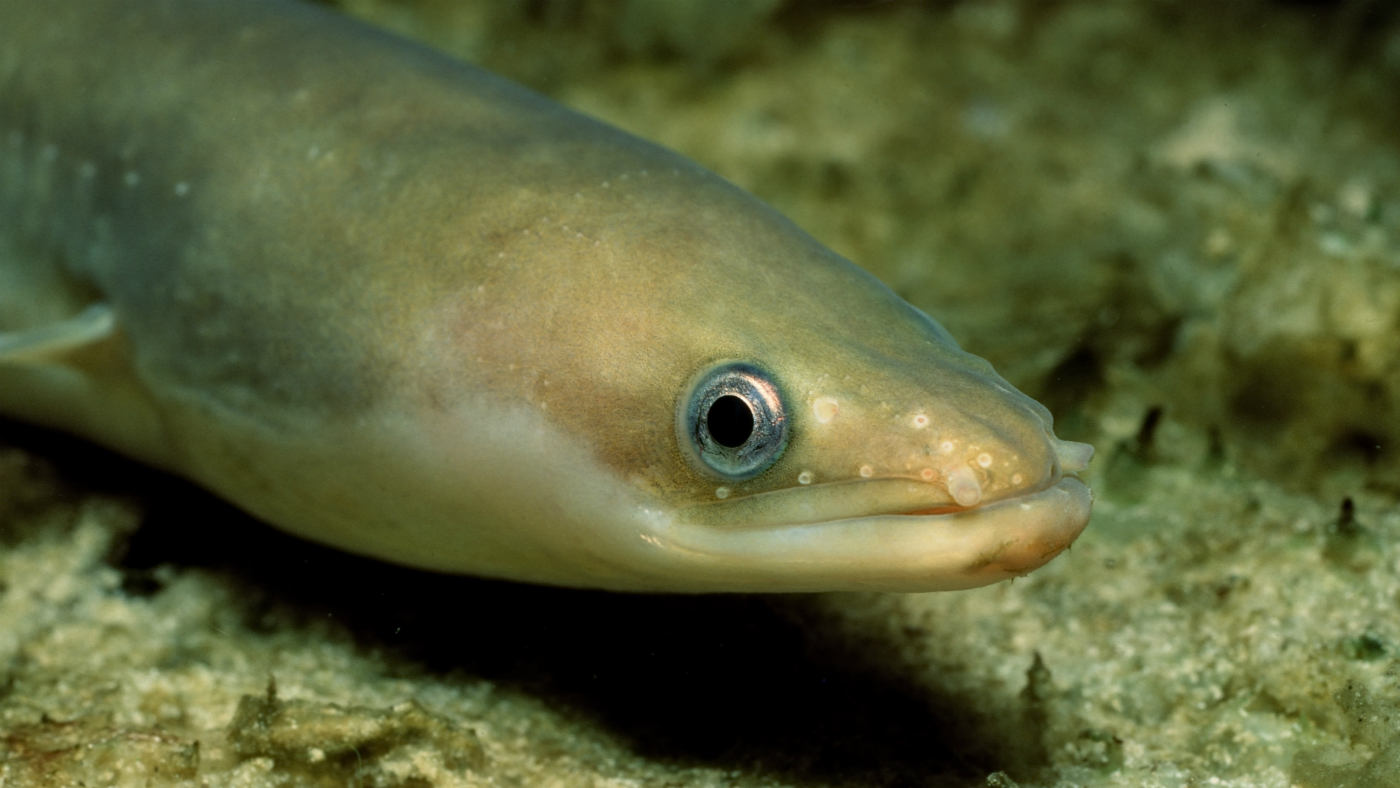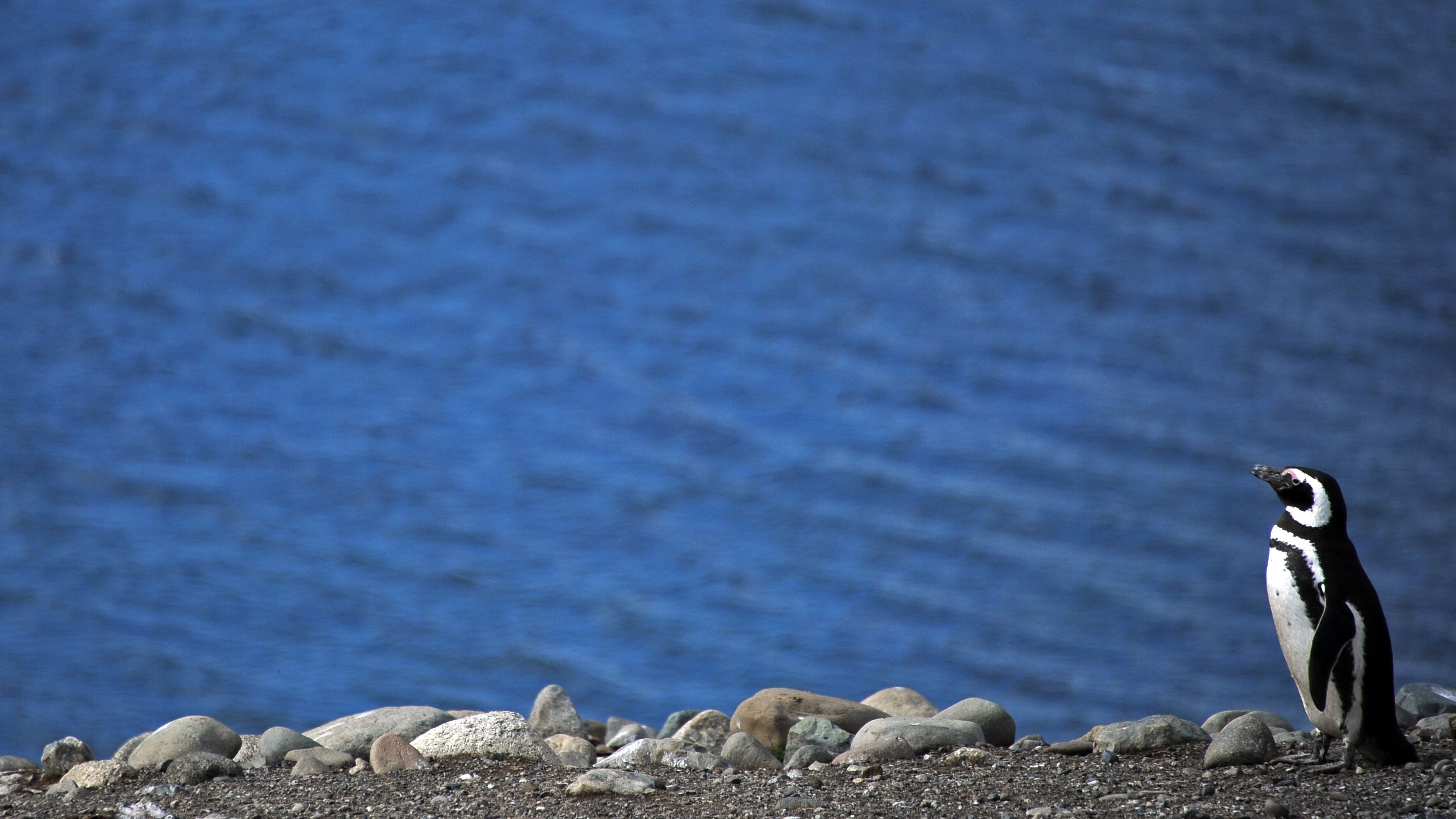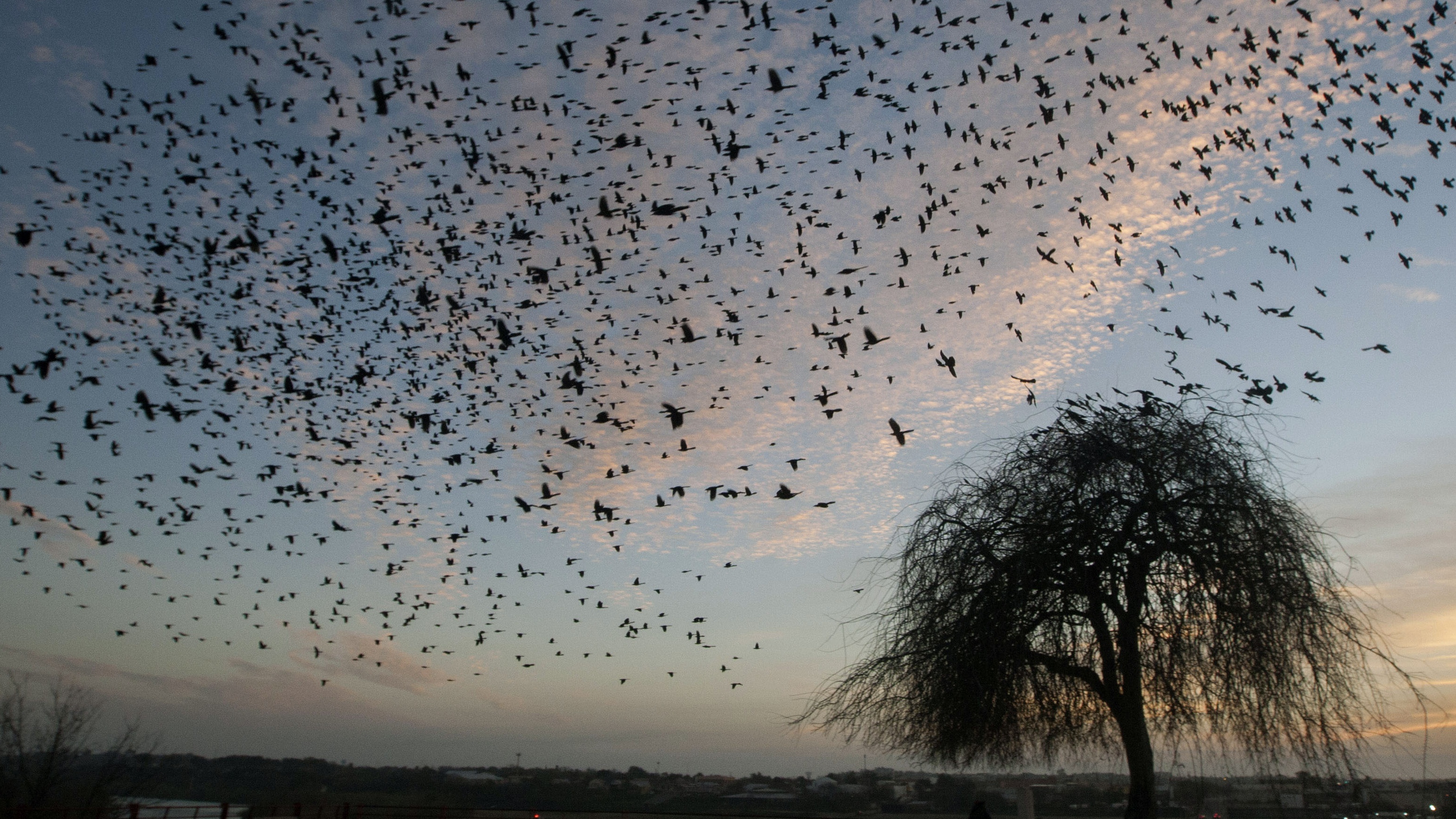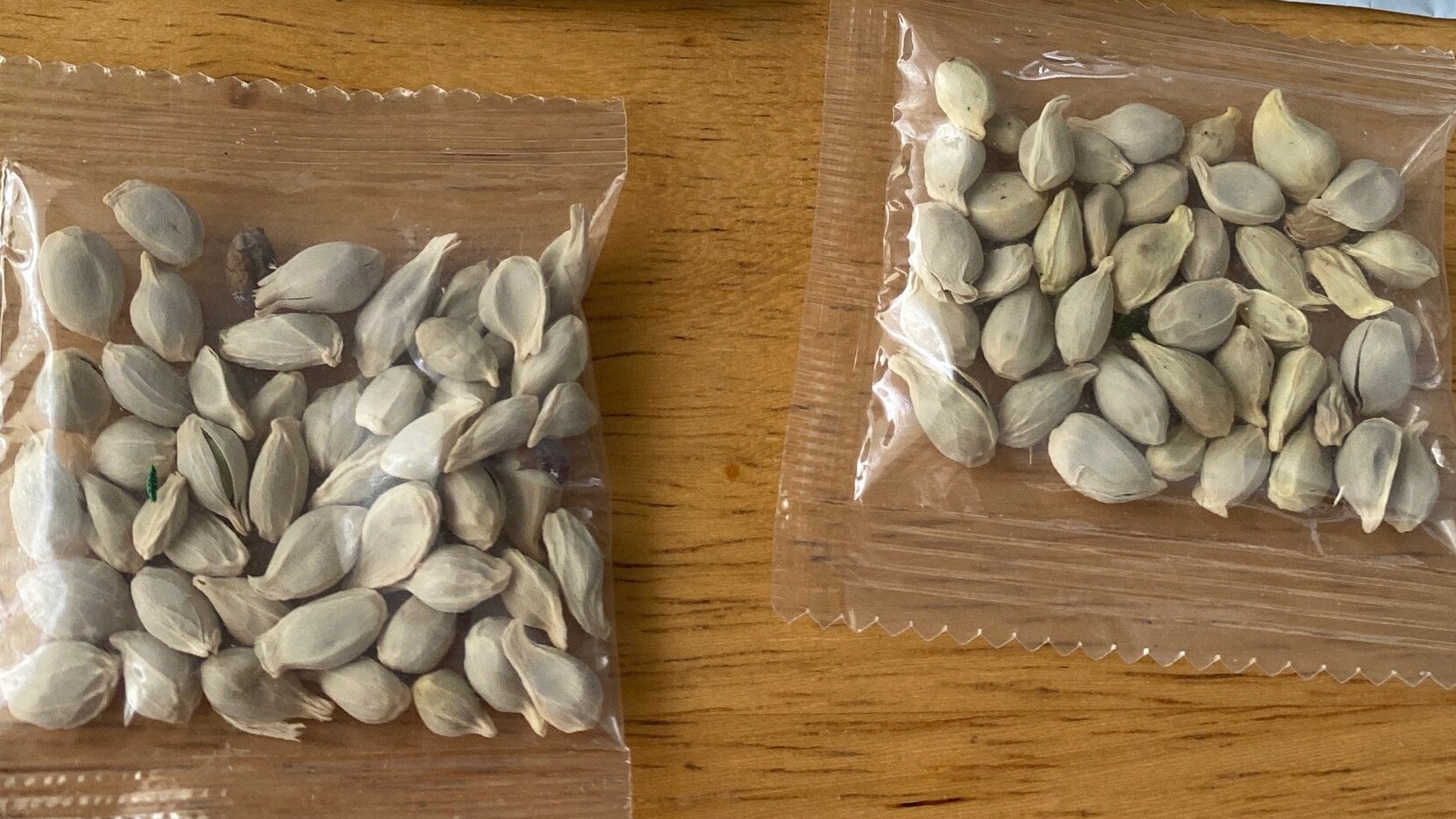Eels getting high in UK’s cocaine-polluted rivers
Migratory abilities of endangered species inhibited by accumulation of drug in their brains and gills

A free daily email with the biggest news stories of the day – and the best features from TheWeek.com
You are now subscribed
Your newsletter sign-up was successful
The presence of cocaine and other recreational drugs in British rivers is putting at further risk an already critically endangered species of eel, a new study has found.
Traces of cocaine frequently make their way into Britain’s waters after passing through users’ bodies, and may be causing serious health problems for fish including eels, according to researchers at Italy’s University of Naples Federico II.
The European eel spends its life living in waterways across Europe, migrating to the ocean to breed and then die, says ScienceAlert. The young then make their way from the ocean back inland again, repeating the cycle.
The Week
Escape your echo chamber. Get the facts behind the news, plus analysis from multiple perspectives.

Sign up for The Week's Free Newsletters
From our morning news briefing to a weekly Good News Newsletter, get the best of The Week delivered directly to your inbox.
From our morning news briefing to a weekly Good News Newsletter, get the best of The Week delivered directly to your inbox.
Toxic pollution, overfishing, parasites, climate change and hydroelectric dams have endangered the eel’s habitat and migration cycles in recent decades, and cocaine and its metabolites is now believed to pose another major threat, reports the science news site.
In a recent study, researchers took 150 farm-raised European eels and divided them into several different tanks. Some of the tanks contained small amounts of cocaine - 20 nanograms per liter, about the same concentration as that found in some UK rivers - while others were filled with plain tap water.
The eels exposed to the cocaine appeared hyperactive but otherwise in the same general health as drug-free eels. However, according to National Geographic’s Joshua Rapp Learn, the researchers found that cocaine had accumulated in the drugged eels’ muscles, brains, gills, skin and other tissue. Their muscles were swollen, and even showed signs of fibre breakdown.
European eels spend up to 20 years in fresh waters, then undertake a vast migration across the Atlantic to spawn in the Sargasso Sea east of the Caribbean, says Smithsonian magazine.
A free daily email with the biggest news stories of the day – and the best features from TheWeek.com
“Our results suggest that cocaine, at environmental concentrations, could compromise both the sustained swimming, ensured by the slow red muscle, and the burst swimming, ensured by the fast, white muscle,” warn the authors of the report, published in the journal Science of the Total Environment.
“This study shows that even low environmental concentrations of cocaine cause severe damage to the morphology and physiology of the skeletal muscle of the silver eel, confirming the harmful impact of cocaine in the environment that potentially affects the survival of this species,” the report continues.
According to the US National Center for Biotechnology Information, the rivers with the highest concentration of cocaine are the River Thames in London and the Arno River in Tuscany, Italy.
-
 Minnesota's legal system buckles under Trump's ICE surge
Minnesota's legal system buckles under Trump's ICE surgeIN THE SPOTLIGHT Mass arrests and chaotic administration have pushed Twin Cities courts to the brink as lawyers and judges alike struggle to keep pace with ICE’s activity
-
 Big-time money squabbles: the conflict over California’s proposed billionaire tax
Big-time money squabbles: the conflict over California’s proposed billionaire taxTalking Points Californians worth more than $1.1 billion would pay a one-time 5% tax
-
 ‘The West needs people’
‘The West needs people’Instant Opinion Opinion, comment and editorials of the day
-
 Shell’s North Sea oil U-turn: ‘a first victory in a longer war’?
Shell’s North Sea oil U-turn: ‘a first victory in a longer war’?Speed Read Controversy after oil giant pulls out of proposed Cambo project
-
 Fires, floods and storms: America’s ‘permanent emergency’ has begun
Fires, floods and storms: America’s ‘permanent emergency’ has begunSpeed Read This summer of climate horror feels like the ‘first, vertiginous 15 minutes of a disaster movie’, says The New York Times
-
 Hot air and empty rhetoric: is the UK acting too slowly on climate change?
Hot air and empty rhetoric: is the UK acting too slowly on climate change?Speed Read ‘Every day, new evidence accumulates that humanity is on an unsustainable path’
-
 Germany floods: what led to this ‘once-in-a-century’ disaster?
Germany floods: what led to this ‘once-in-a-century’ disaster?Speed Read Nearly 200 people died in Germany and Belgium; hundreds are still unaccounted for
-
 Penguin colony at risk as Somerset-sized iceberg bears down on British overseas territory
Penguin colony at risk as Somerset-sized iceberg bears down on British overseas territorySpeed Read Several species face starvation if the icy giant blocks access to feeding grounds
-
 ‘Full of hot air’: climate experts exposed as academia’s most frequent flyers
‘Full of hot air’: climate experts exposed as academia’s most frequent flyersSpeed Read Study results trigger calls for environmentalists to ‘look in the mirror’
-
 Mystery of millions of migrating birds dropping dead from US skies
Mystery of millions of migrating birds dropping dead from US skiesSpeed Read Some experts believe the West Coast wildfires may be to blame for ‘unprecedented’ mass bird deaths in New Mexico
-
 Americans warned not to plant mystery seeds being sent to homes nationwide from China
Americans warned not to plant mystery seeds being sent to homes nationwide from ChinaSpeed Read Officials say the unsolicited packages have been mailed to residents in at least 27 US states